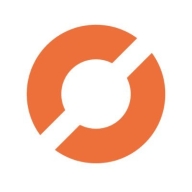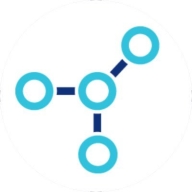

Find out in this report how the two AWS Marketplace solutions compare in terms of features, pricing, service and support, easy of deployment, and ROI.


Saturn Cloud is a cloud-based data science and machine learning platform that provides a scalable, flexible, and easy-to-use environment for data scientists and machine learning engineers. Saturn Cloud offers a variety of features and tools for data science, including: Compute resources (including CPUs, GPUs, and Dask clusters), Storage (object, block, and ephemeral storage), Networking, a variety of integrations with ML tools such as JupyterLab, RStudio, and TensorFlow.
Saturn Cloud is a good choice for data scientists and machine learning engineers who need a scalable, flexible, and easy-to-use environment.
Saturn Cloud also makes it easy to collaborate with other data scientists and machine learning engineers. You can share projects, notebooks, and data with others, and you can track changes to your work.
TetraScience liberates, unifies, and transforms your raw data into more-than-FAIR, AI-native data.
We bring this AI-native data to life in a rapidly growing suite of next-generation lab data management solutions, scientific use cases, and AI-based scientific outcomes.
Only the Tetra Scientific Data and AI Cloud can liberate your data, engineer it for your most demanding scientific use cases and AI initiatives, and future-proof it so you’re never locked into vendor walled gardens again.
We monitor all AWS Marketplace reviews to prevent fraudulent reviews and keep review quality high. We do not post reviews by company employees or direct competitors. We validate each review for authenticity via cross-reference with LinkedIn, and personal follow-up with the reviewer when necessary.